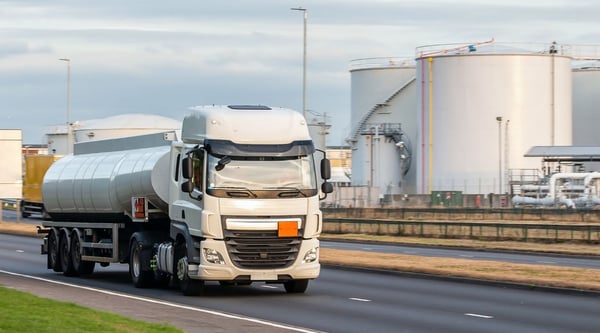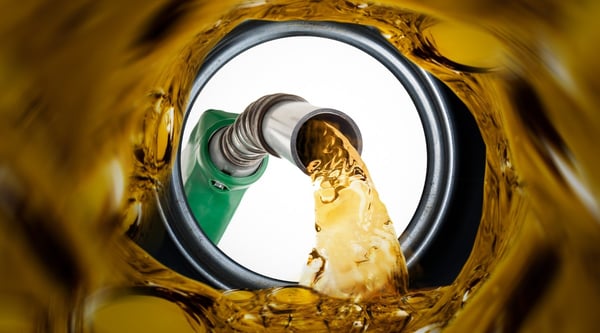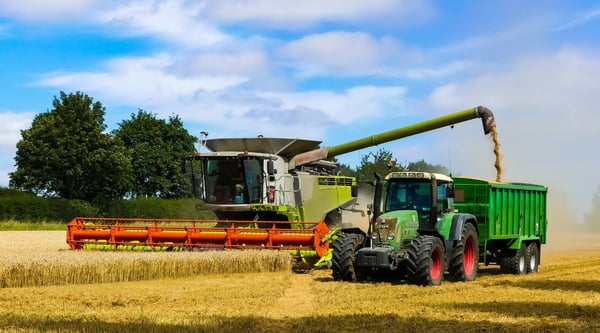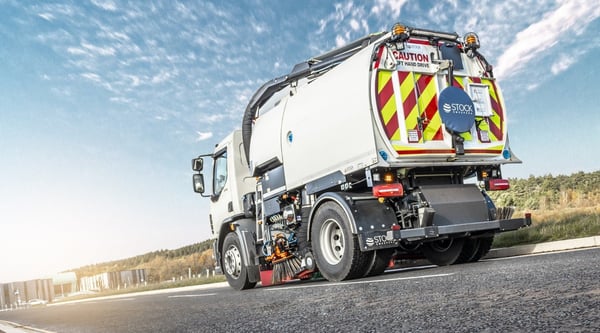Using Prema HVO can substantially reduce greenhouse gas emissions in an environmentally sustainable way. Each import of Prema HVO is certified to rigorous International Sustainability Carbon Certification (ISCC) criteria and comes with a Proof of Sustainability (POS) certificate.
Watch the walkthrough video below:
Ready to speak with an expert?
Our HVO team are here to help.
Keep reading for the details
ISCC is necessary because, unfortunately, some HVOs on the market are not as environmentally sustainable as they first suggest.
Read on to learn more.
Under the bonnet of HVO…
HVO stands for Hydrotreated Vegetable Oil*. Initially, only vegetable oil was hydrotreated to produce HVO, hence the name. Today, this is no longer entirely accurate, because a range of different types of oils are now used to produce HVO, including:
- Various non-food grade vegetable oils
- Oils coming from the paper, fish and slaughterhouse industries
- Used Cooking Oil.
Despite the wide range of possible feedstocks, the original term ‘HVO’ stuck because it was written into regulations, legislation and engine manufacturer approvals.
The important point is that not all HVOs are alike. The environmental sustainability of any HVO product is largely dependent on what it is made from. In simple terms:
- HVO made from vegetable oils is considered the least environmentally sustainable, because it is linked with deforestation, damage to ecosystems and use of land that otherwise could be used for food production.
- HVO made from Used Cooking Oil (like Prema HVO) is considered the most environmentally sustainable. It does not cause land use change because it only utilises waste material. As such, it is recognised and supported by the UK government as an environmentally sustainable advanced development fuel.
Why ISCC is so important…
Prema HVO is made from only Used Cooking Oil and has full ISCC certification demonstrating that it meets the highest international standards in terms of traceability, environmental care and social responsibility.
“ISCC is the gold standard for environmental, economic and social sustainability, globally”
Niamh Boyle, Research Analyst, PRIMA Markets, UK
Each import of Prema HVO is accompanied by a POS certificate which clearly evidences that the fuel is made from one single feedstock (Used Cooking Oil) and supplied from one single supplier (Neste). The certificate confirms:
The production facility where the fuel was produced
The raw material origin and type used
The supplier
- Traceability from start to finish
- The full Well-to-Tank (WTT) carbon intensity of the fuel, taking into account its production and transportation
- The Greenhouse Gas (GHG) emission factor which can be used in carbon footprint reporting.
This chain of custody is a crucial prerequisite to procuring truly environmentally sustainable HVO. Without it, it isn’t possible for the supplier to prove beyond doubt what feedstock(s) was used to produce the fuel or where it was sourced from. Prema HVO has the evidence trail to prove that is simply hydrotreated used cooking oil, nothing else.
For more information about certification, visit the ISCC website.
If you have any further questions about the environmental sustainability of Prema HVO compared to other fuels, we are more than happy to discuss them with you.
*Hydrotreatment is a complex refinery process where hydrogen is used to remove oxygen from triglyceride oil molecules and splits the triglyceride into three separate chains; creating hydrocarbons that are similar to mineral fossil diesel molecules.














